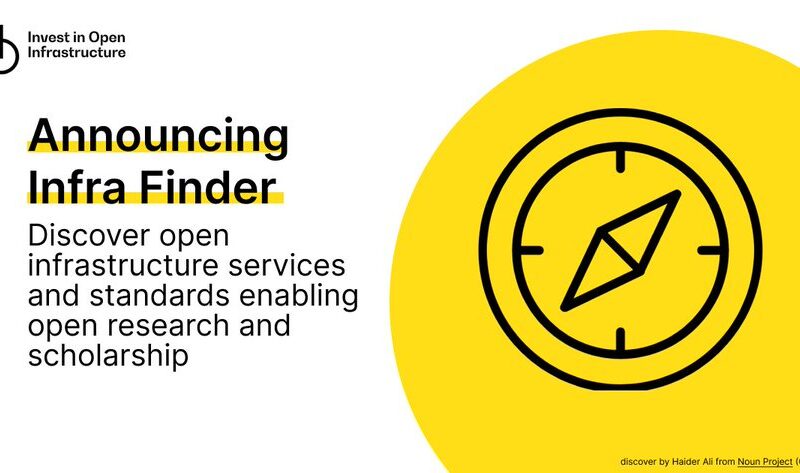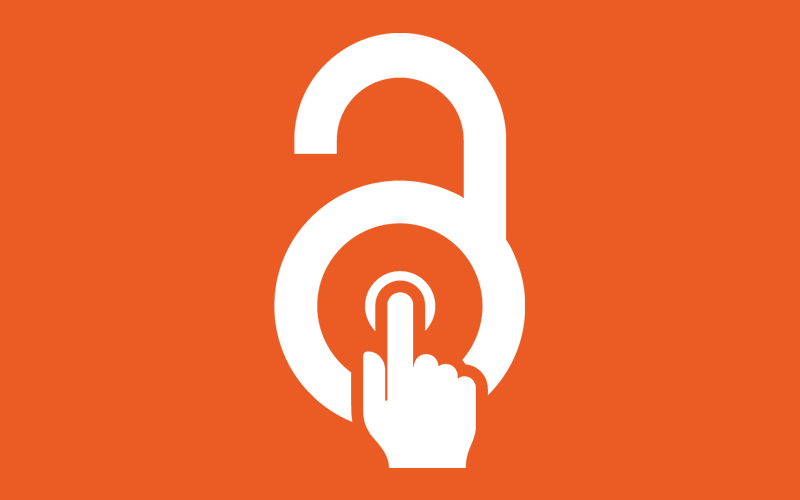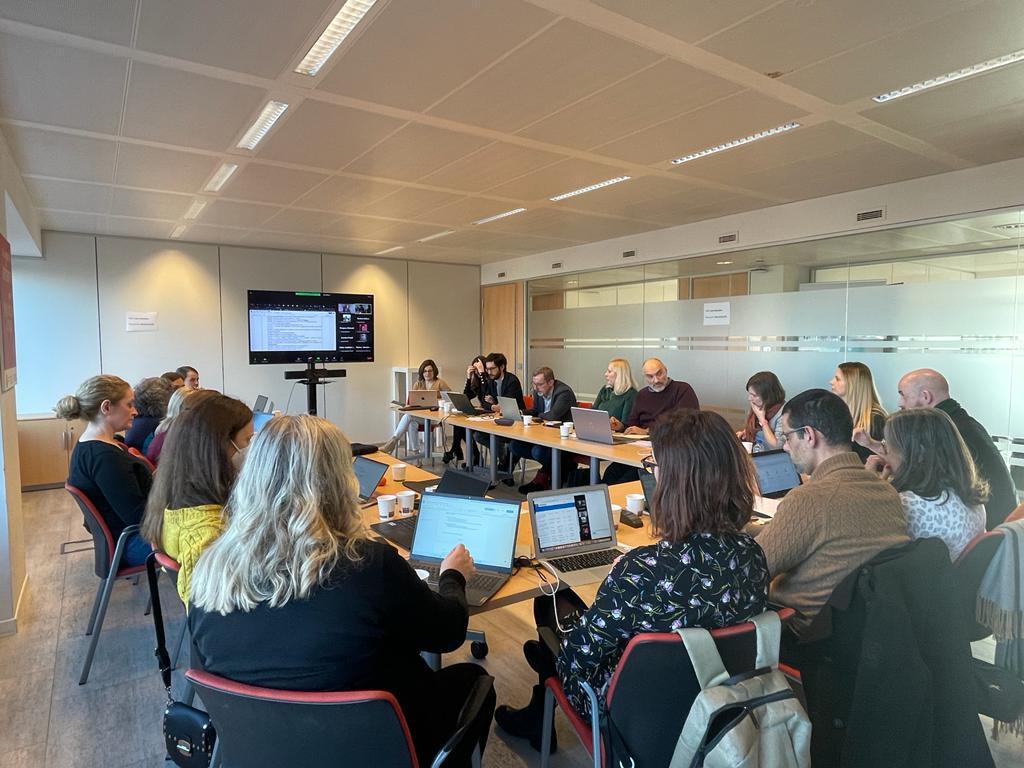
Workshop in Brussels: Interventions, Indicators, and Metrics for Open Science
Workshop in Brussels: Interventions, Indicators, and Metrics for Open Science https://opusproject.eu/wp-content/uploads/2023/02/main-photo.jpg 1024 768 Open and Universal Science (OPUS) Project Open and Universal Science (OPUS) Project https://opusproject.eu/wp-content/uploads/2023/02/main-photo.jpgOpen science practices, such as open access publishing, open data sharing, and open peer review, have been gaining traction in the research community in recent years. However, there is still a need to encourage more researchers to adopt these practices and to ensure that they are implemented effectively. OPUS project is currently working on the best interventions for influencing researchers to take up open science practices, with a particular focus on the role of institutions, governments, and funders in promoting open science.
Institutions play an important role in promoting open science. Universities and research institutes should ensure that their policies and procedures are supportive of open science, and should provide training and resources to help researchers understand the benefits of open science and how to implement it. They should also consider developing incentives and rewards for researchers who adopt open science practices, such as recognition in annual reviews and promotion decisions, or granting of additional resources.
As a part of OPUS Work Package 2 (WP2 – Interventions for Open Science (Rewards and Incentives for Researchers)) and Work Package 3 (WP3 – Indicators and Metrics for Open Science (Rewards and incentives for Researchers)) activities, our team members are participating in the workshop with OPUS pilot #Research Performing (RPOs) and Research Funding organisations (RFOs) about the interventions, indicators, and metrics to implement a reformed research(er) assessment system that incentivises and rewards #OpenScience is taking place in Brussels today.
Results of the Questionnaire for the pilot organisations on relevant activities, comprehensive list of interventions and indicators/metrics, and structure/content and monitoring of the Action Plans for the pilot organisations, are some of the workshop discussions among OPUS team members and pilot organisations.
RPOs (Nova University Lisbon, University of Rijeka, and University of Cyprus) and 2 pilot RFOs from Lithuania and Romania (RCL and UEFISCDI) will learn from both each other and draw experience from external experts in mutual learning exercises. The results of the pilots will be translated into policy briefs and thematic workshops that will help to raise awareness, build trust, and drive the uptake of Open Science in the community.
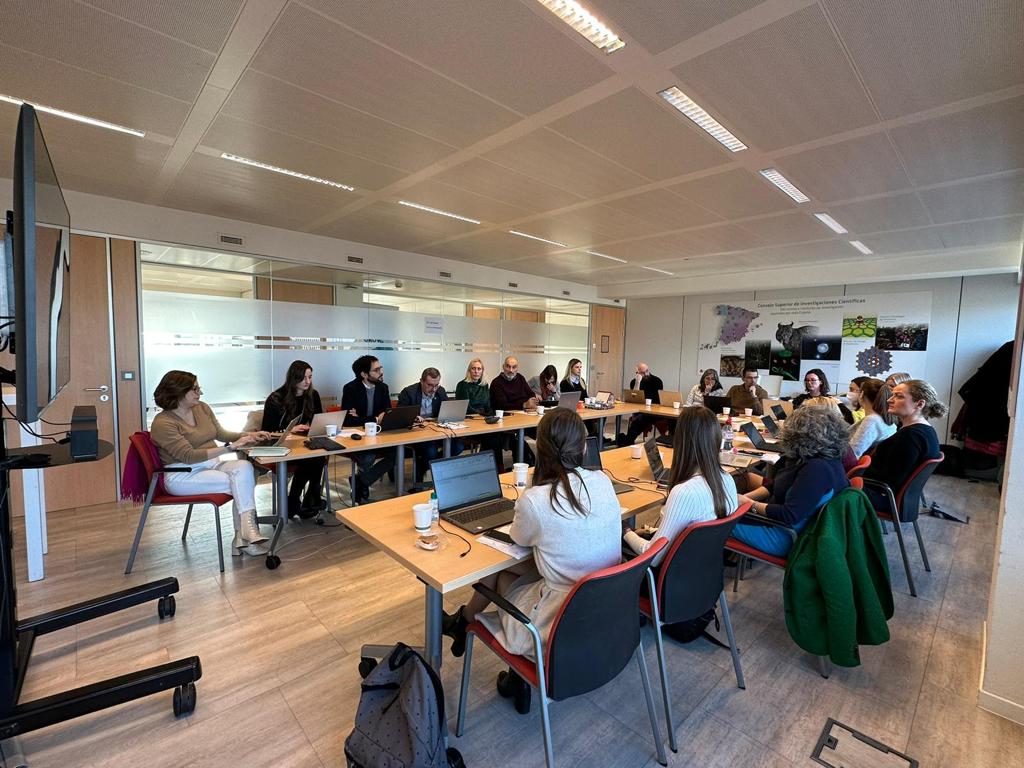
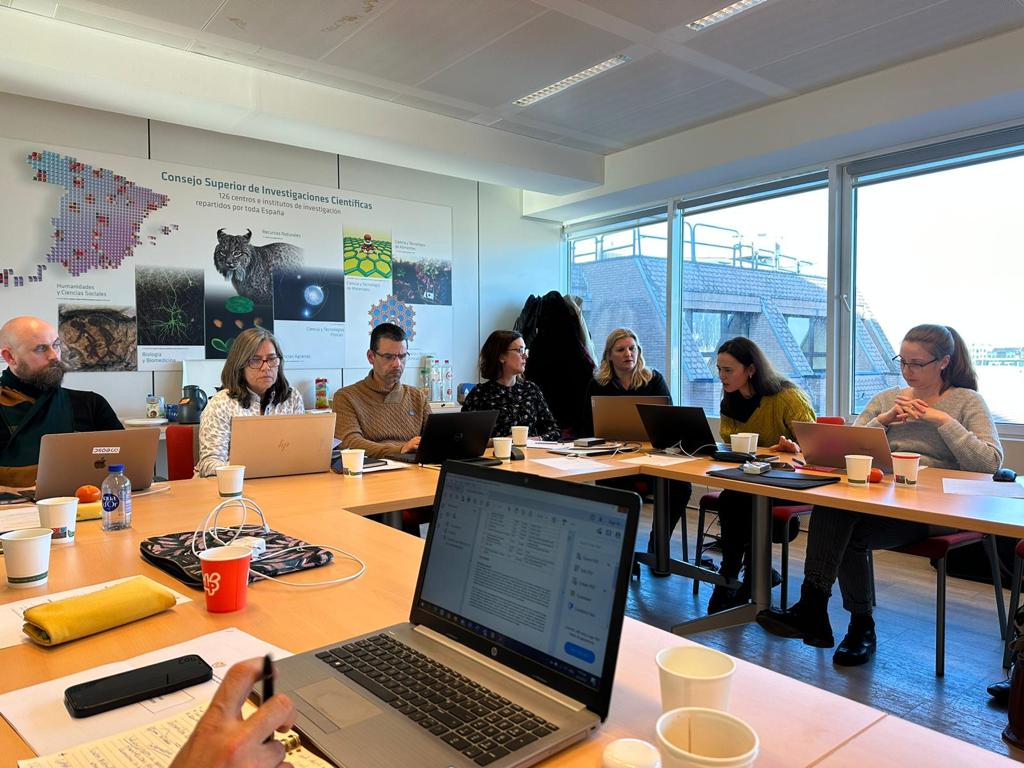
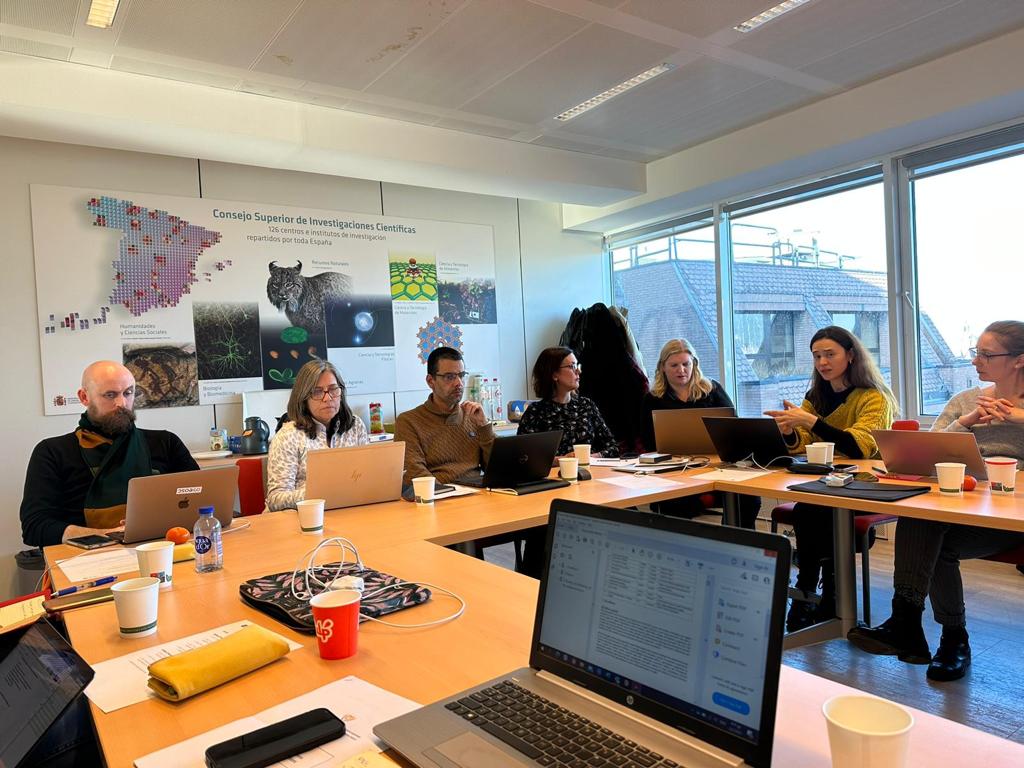
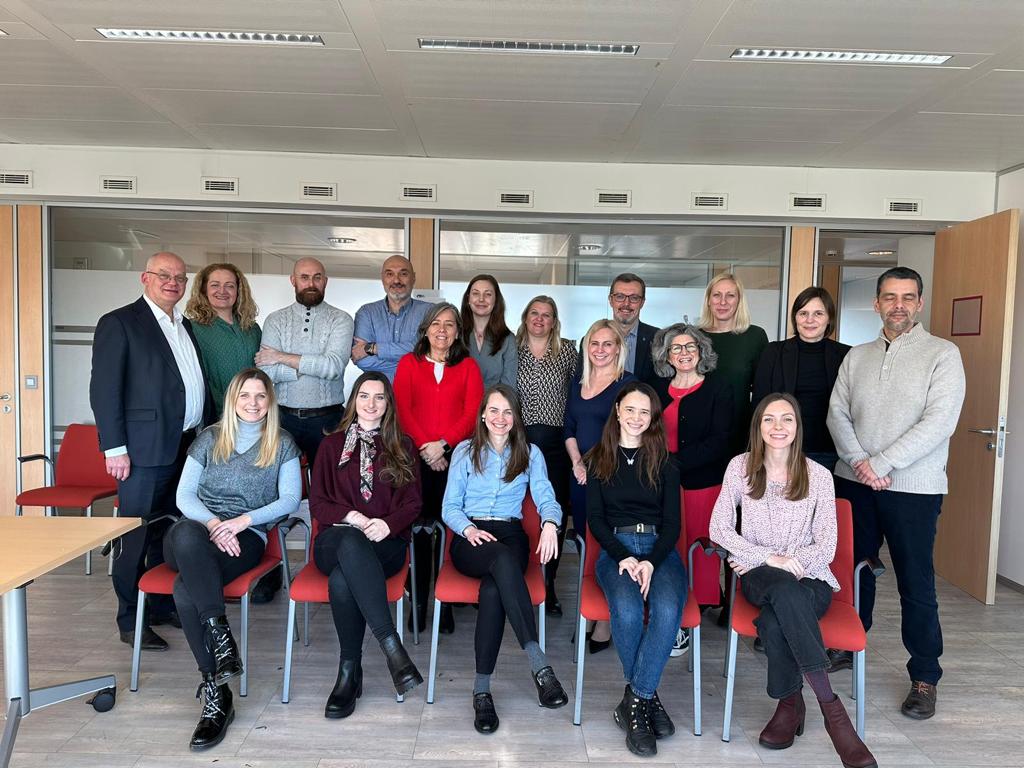
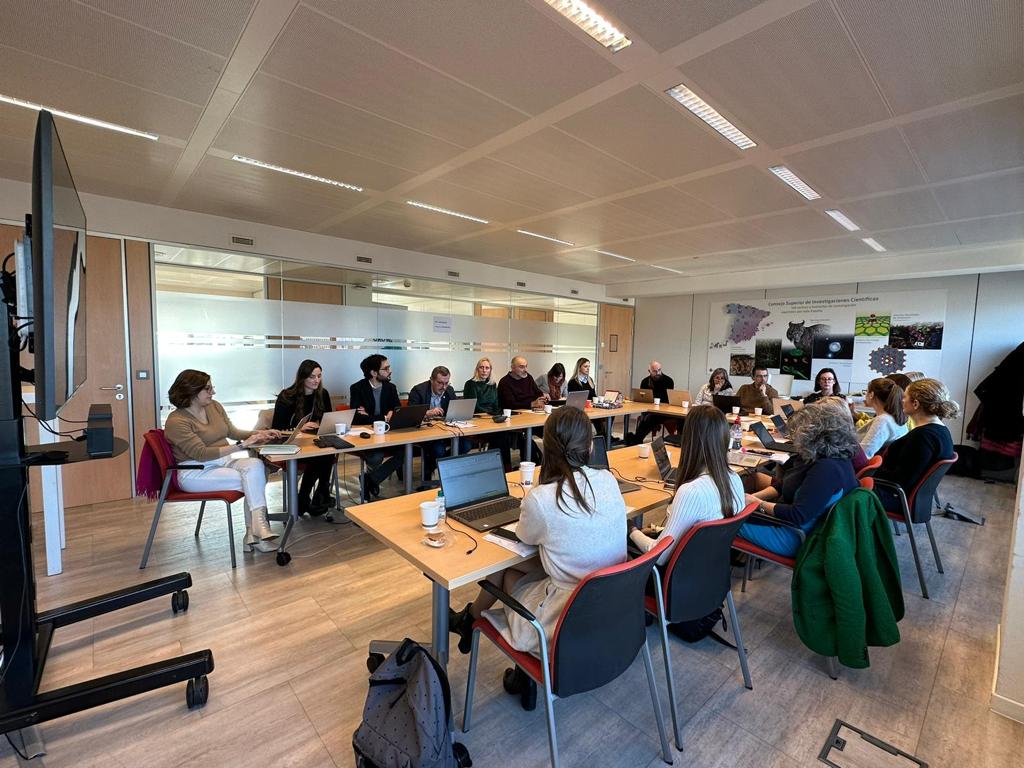
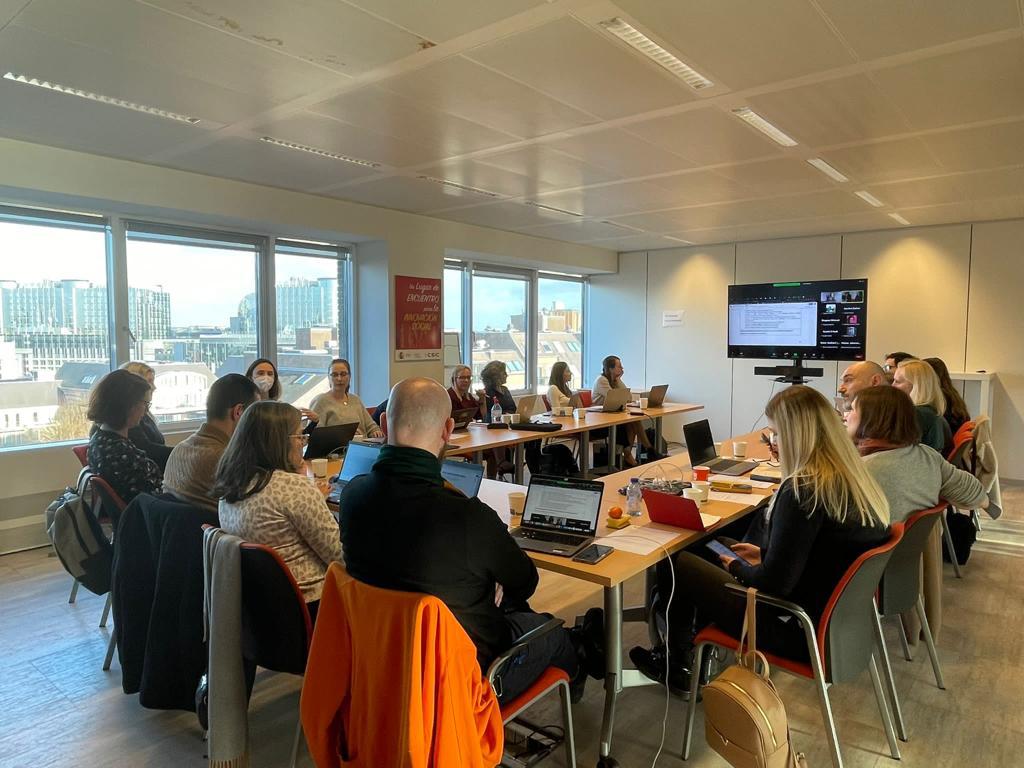
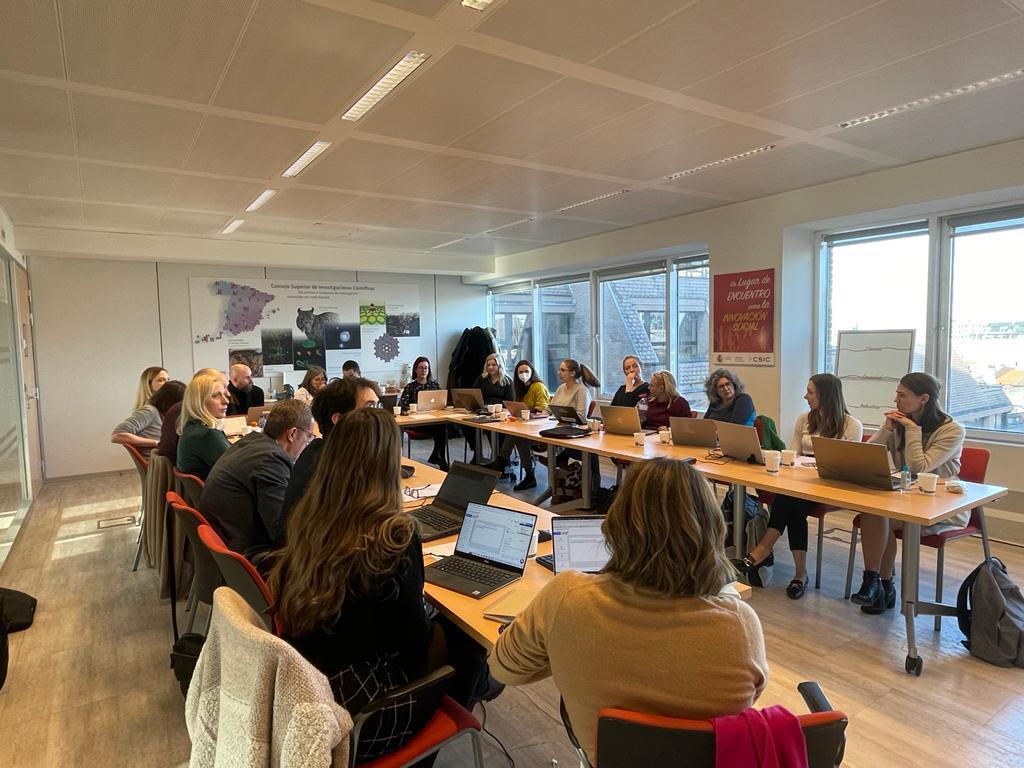
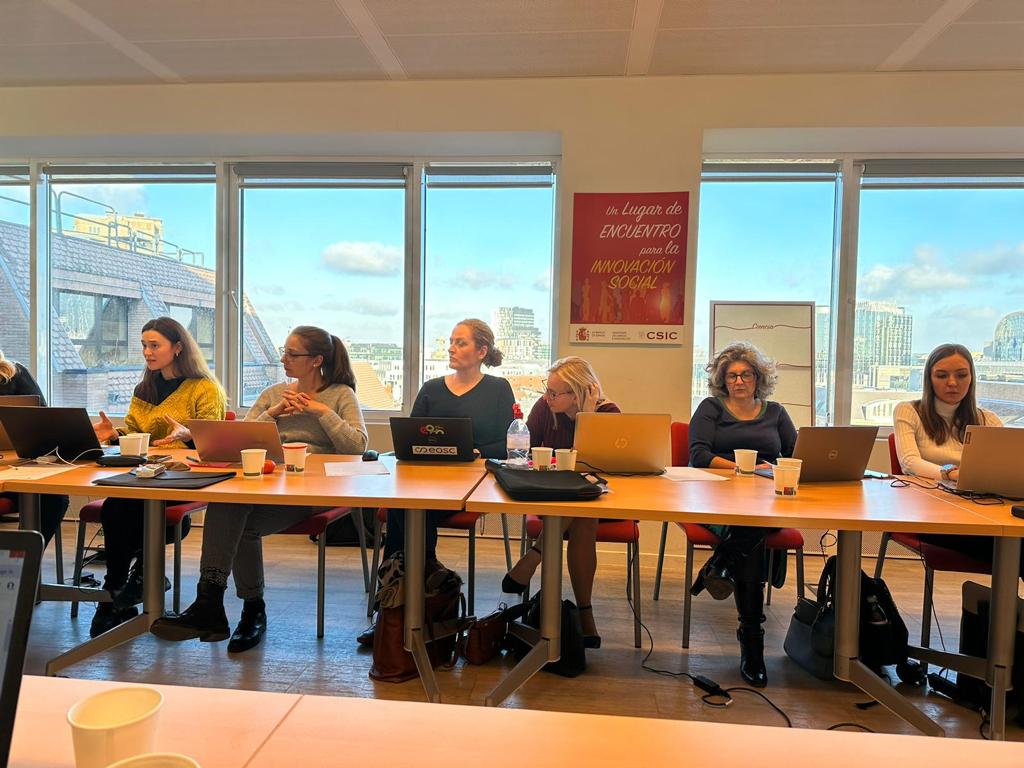
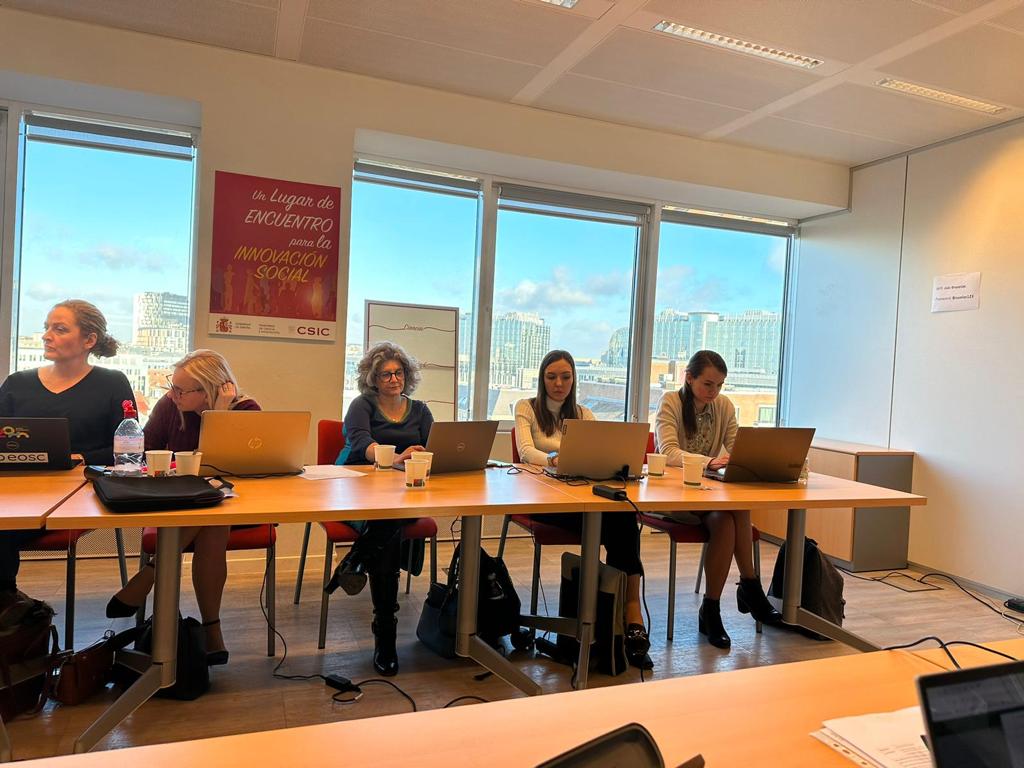
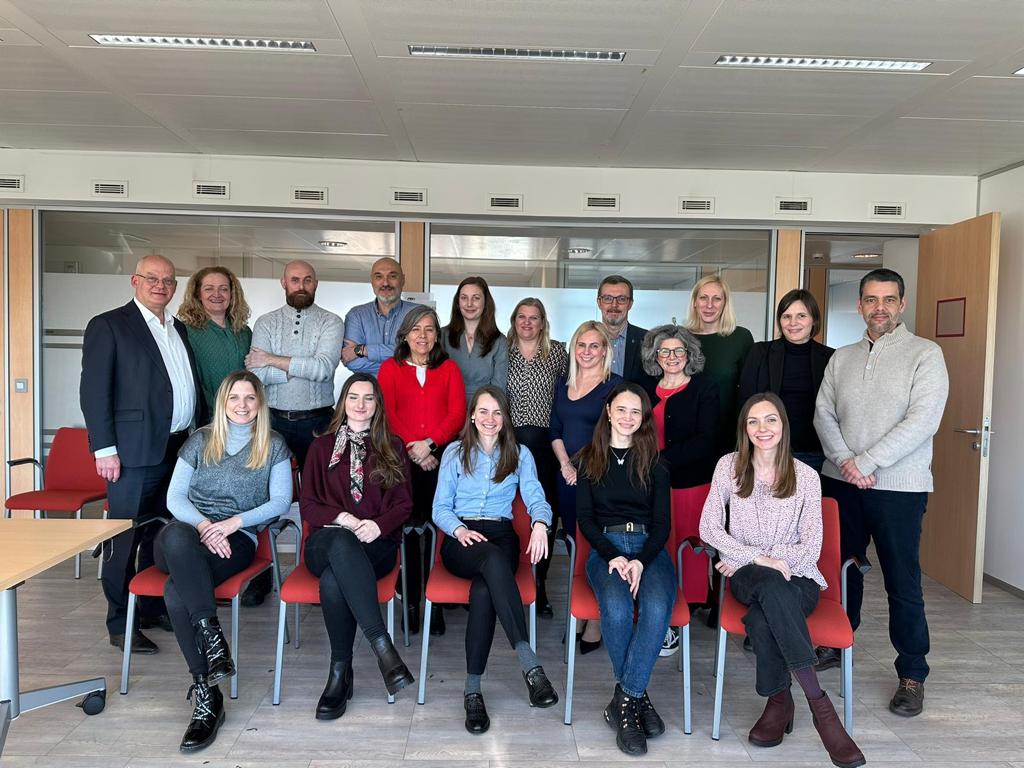
The RPOs (Nova University Lisbon, University of Rijeka, and University of Cyprus) and 2 pilot RFOs from Lithuania and Romania (The Research Council of Lithuania (RCL) and Unitatea Executiva Pentru Finantarea Invatamantului Superior a Cercetarii Dezvoltarii si Inovarii (UEFISCDI)) will define what they will pilot, together with the work package leaders: WP 2 Leader CAREERS RESEARCH AND ADVISORY CENTRE (CRAC) – VITAE , WP3 Leader TECHNOPOLIS CONSULTING GROUP BELGIUM, and WP 4 Leader The Young European Research Universities Network (YERUN), and WP5 Leader The United Nations Educational, Scientific and Cultural Organization (UNESCO). That means OPUS will:
- develop interventions to be tested by pilot RPOs and RFOs in activity #4 (WP4)
- conduct a baseline audit of interventions to be tested in the pilots
- co-monitor and evaluate interventions tested in the pilots with the pilot RPOs and RFOs
- develop a final set of interventions for Open Science at RPOs and RFOs.
- develop indicators and metrics to be tested by pilot RPOs and RFOs in WP4
- conduct a baseline audit of metrics to be tested in the pilots
- co-monitor and evaluate metrics tested in the pilots with the pilot RPOs and RFOs
- develop a final set of indicators and metrics for Open Science at RPOs and RFOs.
OPUS will develop action plans to set up, implement, and monitor the pilots in 3 RPOs and 2 RFOs as well as conduct mutual learning exercises based on implementing the action plans.
The OPUS project involves 18 different European partners, covering a wide range of organisations with relevant expertise to this project. OPUS will develop coordination and support measures to reform the assessment of research and researchers at Research Performing Organisations (RPOs) and Research Funding Organisations (RFOs) towards a system that incentivises and rewards researchers to practise Open Science.
The project commenced on 1 September 2022 with an implementation period of 36 months.
- Post Tags:
- #OpenScience
- #ResearchAssessment
- Research
- Posted In:
- Open Science News


